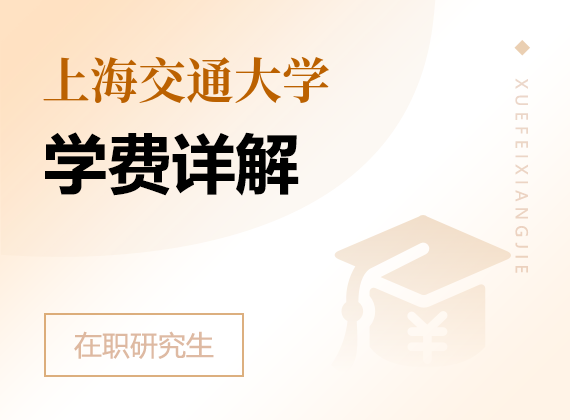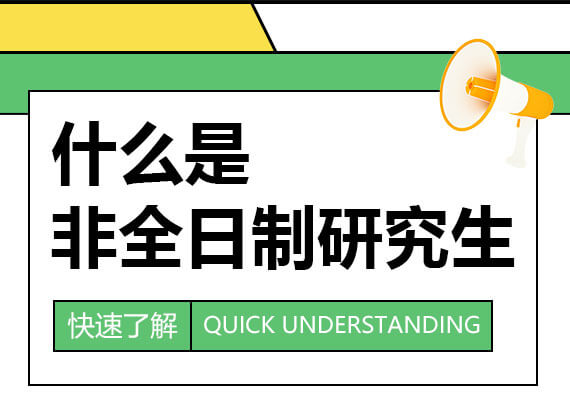同等学力申硕英语真题每日一练
来源:在职研究生招生信息网 发布时间:2014-10-23 11:04:34
为了方便考生做好考前复习工作,在职研究生相关招生老师为大家整理了一些同等学力申硕英语练习题。希望对大家有所帮助。
Only two countries in the advanced world provide no guarantee for paid leave from work to care for a newborn child. Last spring one of the two, Australia, gave up that dubious distinction by establishing paid family leave starting in 2011. I wasn’t surprised when this didn’t make the news here in the United States—we’re now the only wealthy country without such a policy.
The United States does have one explicit family policy, the Family and Medical Leave Act, passed in 1993. It entitles workers to as much as 12 weeks’ unpaid leave for care of a newborn or dealing with a family medical problem. Despite the modesty of the benefit, the Chamber of Commerce and other business groups fought it bitterly, describing it as “government-run personnel management” and a “dangerous precedent”. In fact, every step of the way, as (usually) Democratic leaders have tried to introduce work-family balance measures into the law, business groups have been strongly opposed.
As Yale law professor Anne Alstott argues, justifying parental support depends on defining the family as a social good that, in some sense, society must pay for. In her book No Exit:What Parents Owe Their Children and What Society Owes Parents, she argues that parents are burdened in many ways in their lives: there is “no exit” when it comes to children. “Society expects—and needs—parents to provide their children with continuity of care, meaning the intensive, intimate care that human beings need to develop their intellectual, emotional, and moral capabilities. And society expects—and needs—parents to persist in their role for 18 years, or longer if needed.”
While most parents do this out of love, there are public penalties for not providing care. What parents do, in other words, is of deep concern to the state, for the obvious reason that caring for children is not only morally urgent but essential for the future of society. The state recognizes this in the large body of family laws that govern children’s welfare, yet parents receive little help in meeting the life-changing obligations society imposes. To classify parenting as a personal choice for which there is no collective responsibility is not merely to ignore the social benefits of good parenting; really, it is to steal those benefits because they accrue(不断积累) to the whole of society as today’s children become tomorrow’s productive citizenry(公民). In fact, by some estimates, the value of parental investments in children, investments of time and money (including lost wages), is equal to 20-30% of gross domestic product. If these investments generate huge social benefits—as they clearly do—the benefits of providing more social support for the family should be that much clearer.
1. What do we learn about paid family leave from the first paragraph?
A) It came as a surprise when Australia adopted the policy.
B) America is now the only developed country without the policy.
C) Its meaning was clarified when it was established in Australia.
D) It has now become a hot topic in the United States.
2. What has prevented the passing of work-family balance laws in the United States?
A) The lack of a precedent in American history.
B) The existing Family and Medical Leave Act.
C) The opposition from business circles.
D) The incompetence of the Democrats.
3. What is Professor Anne Alstott’s argument for parental support?
A) Good parenting benefits society.
B) The cost of raising children in the US has been growing.
C) The US should keep up with other developed countries.
D) Children need continuous care.
4. What does the author think of America’s large body of family laws governing children’s welfare?
A) They fail to ensure children’s healthy growth.
B) They fail to provide enough support for parents.
C) They impose the care of children on parents.
D) They emphasize parents’ legal responsibilities.
5. Why does the author object to classifying parenting as a personal choice?
A) It is basically a social undertaking. B) It relies largely on social support.
C) It is regarded as a legal obligation. D) It generates huge social benefits.
答案与解析:
1.【答案】B)。
【定位】由题干中的paid family leave和the first paragraph 定位到原文第一段。
【精析】文中首句提到,在发达国家中只有两个国家不提供带薪的照顾新生婴儿假期保障。末句提到,美国现在是所有富裕国家中唯一没有此项政策的国家。综合两句可知,B)含义与之相符。
2.【答案】C)。
【定位】由题干中的work-family balance laws定位到原文第二段末句。
【精析】该句提到,通常民主党领导者努力将工作和家庭平衡措施囊括到法律中去,这其中的每一步都曾遭遇商业团体的强烈反对,其中opposed与题干中prevented对应,由此可知C)为正确答案。
3.【答案】A)。
【定位】由题干中的Professor Anne Alstott’s argument可定位到第三段首句。
【精析】 Anne Alstott教授在其书中表达的主要观点就是“justifying parental support depends on defining the family as a social good that, in some sense, society must pay for”,也就是说,应该将家庭视作一个能够为社会带来好处的事物,同时该段中后面也阐述了社会期望也需要家长们对他们的孩子付出关爱。因此,教授的主要观点可以概括为A)“良好的教养能造福于社会”。
4.【答案】B)。
【定位】由题干中的America’s large body of family laws governing children’s welfare定位到原文第四段第三句。
【精析】该句在提及美国庞大的监管儿童福利的家庭法律时指出,父母在接受社会强加的足以改变命运的责任时却得不到任何帮助,B)含义与之相符,故为本题答案。
5.【答案】A)。
【定位】由题干中的classifying parenting as a personal choice定位至原文第四段第四句。
【精析】由原文可知,将养育孩子作为一种个人选择,而不存在集体责任的话,便是忽视良好教养所产生的社会效益;事实上,是在盗窃这些社会利益。这里的collective responsibility“集体责任”,就是指社会责任。换言之,良好的教养需要社会承担责任,因为它能带来巨大的社会效益。因此作者反对将养育孩子仅仅作为个人选择来看待,是因为A)“抚养教育孩子基本上是一项社会事业”。
上一篇: 十月在职联考英语单词复习技巧
下一篇: 在职联考英语词汇练习及答案





















